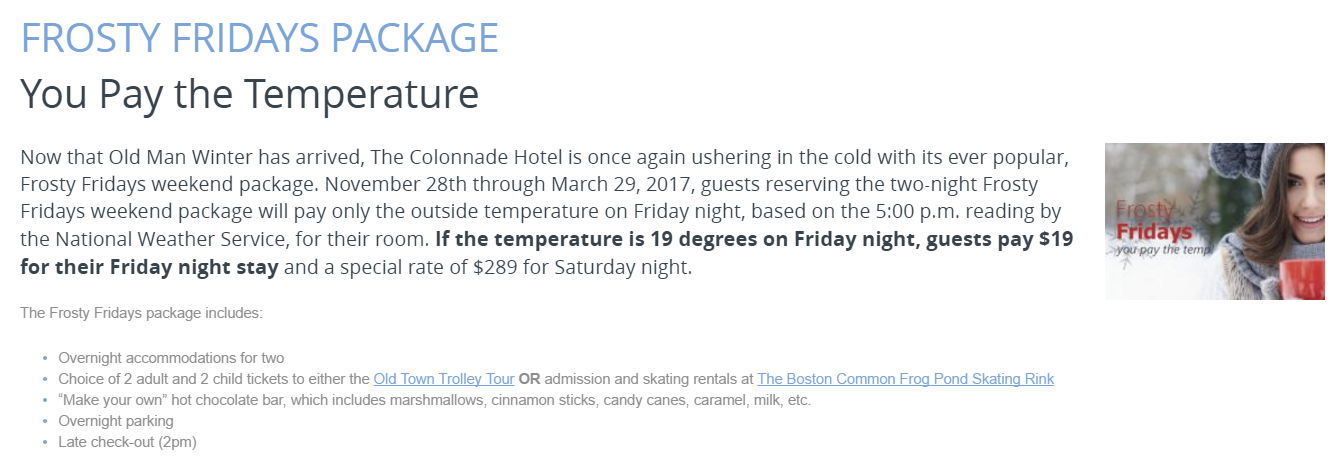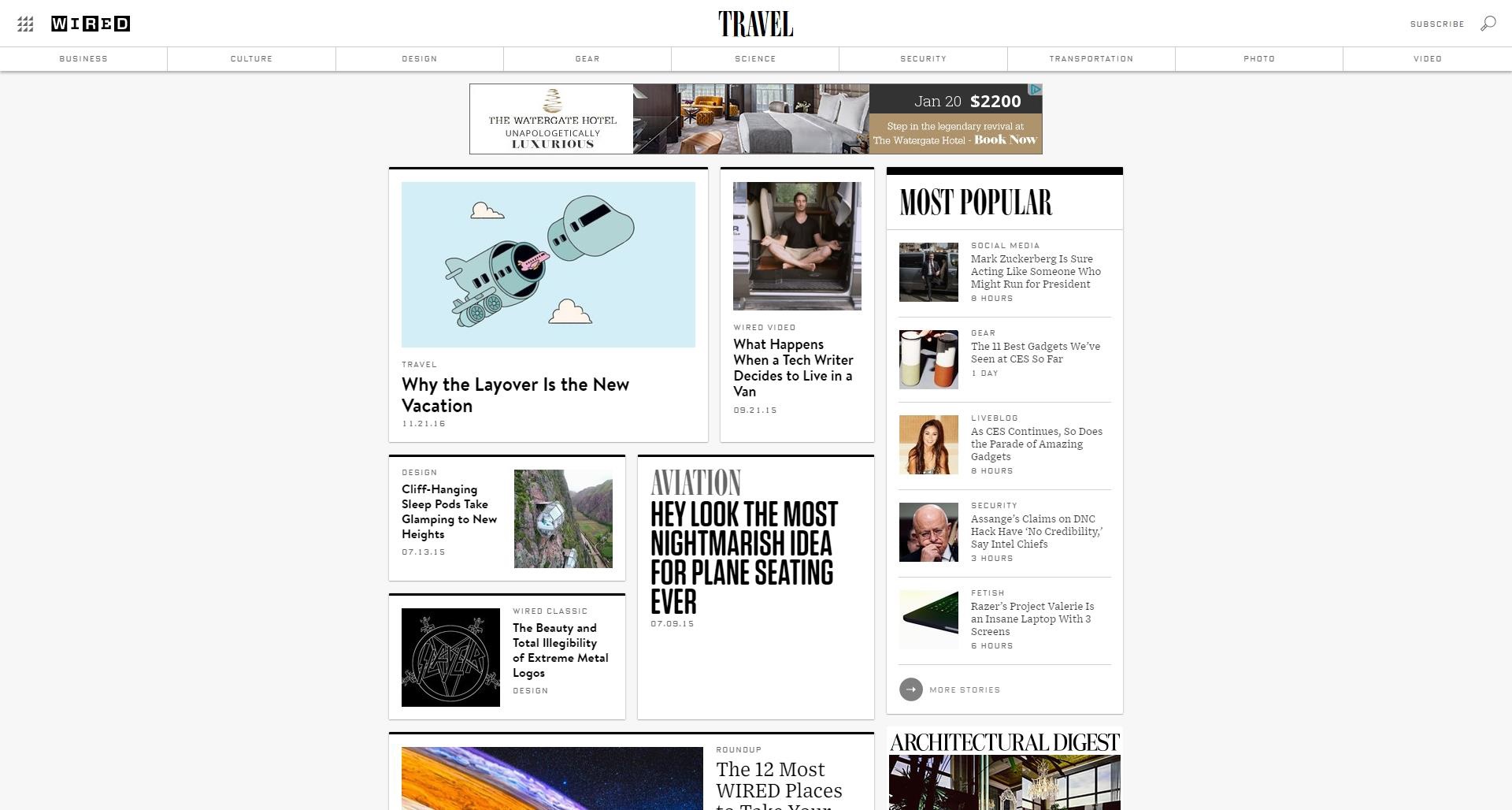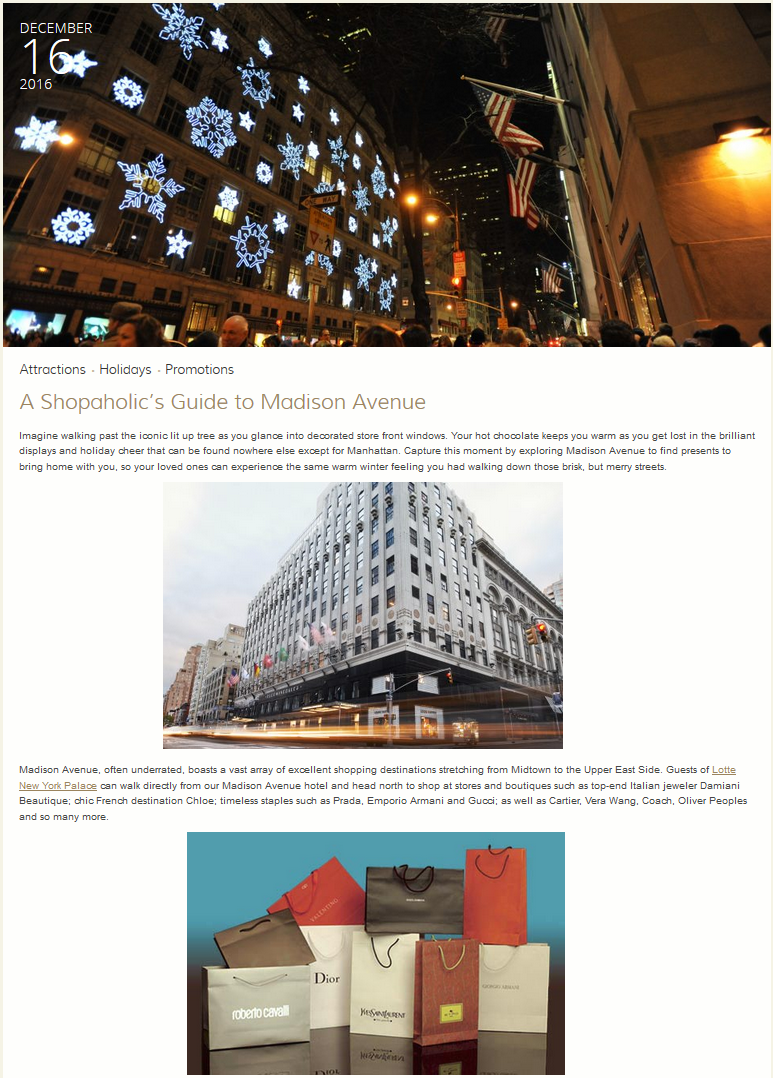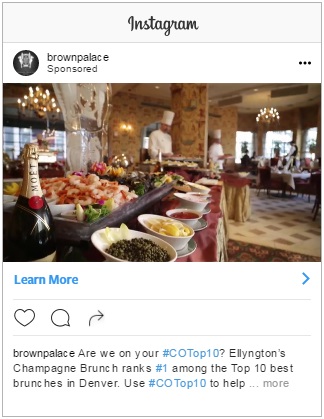
By Margaret Mastrogiacomo
It’s no secret that Airbnb has drastically disrupted the travel industry and has positioned itself as a unique and local online travel agency for travel consumers. Yet, while Airbnb paves the way for a new niche in travel, the industry player is disrupting hospitality and affecting a hotel’s bottom line in a major way.
In these times of flat and even negative occupancy projections, and Airbnb satisfying a portion of the travel demand, hoteliers must fight for every guest inclined to stay at an Airbnb rental. Airbnb is taking 10-12% of travel demand in New York City, Paris, London and other major global metropolitan areas alone. The impact affects overall occupancy and hotel room pricing, leading hotels to be unable to raise ADRs in periods of traditional peak demand. In fact, according to Morgan Stanley research published in AlphaWise, 49% of survey respondents in the US, UK, France, and Germany reported that they booked an Airbnb in place of a traditional hotel in 2016.
Even more concerning, the research predicts this number will remain steady throughout 2017 and Airbnb’s cannibalization of hotels’ business will hover at approximately 50 percent for both business and leisure travel. The impact affects ADR, leaving hotels unable to raise prices in periods of peak demand, and ultimately, affects overall occupancy.
According to HVS, It is estimated that the hotel industry loses approximately $450 million in direct revenues to Airbnb per year. In light of this industry climate, hotels must take action with a unique value proposition on the hotel website and a smart marketing strategy in order to combat the negative effects of Airbnb on their bottom line.
Read on for a 2017 action plan to combat Airbnb and win the direct booking.
The Hotel Value Proposition on the Hotel Website:
To combat the effects of Airbnb on your hotel’s bottom line, hoteliers should promote features and amenities that Airbnb lacks. Here are value propositions to consider promoting on the hotel website:
Guest Services Hotels offer services that guests cannot get when staying in an Airbnb rental. These services include room service, concierge and information, and luxuries such as plush robes. Hoteliers should highlight guest services throughout the hotel website. They can also showcase their employees who are dedicated to making stays comfortable and convenient.
Amenities Hotels also offer amenities that are typically unavailable in Airbnb rentals, including spa services, onsite dining, and a fitness center. The hotel website should highlight these amenities with rich imagery and descriptive copy.
Inspiring Communal Spaces Many hotels now offer spaces for guests to gather and socialize, including inviting lobbies, lobby bars and cafes, executive meeting rooms, and more. This can be a place to meet other guests or just a place to relax and work. Airbnb options lack this communal space, as many Airbnb spaces are just rooms within apartments or an entire space to a guest. In light of this, Airbnb guests do not have the same opportunity to socialize and mix and mingle with other travelers. Hoteliers can highlight this on the website with images of guests enjoying communal spaces and socializing.
Security and Safety Airbnb is not always a safe option for travelers. Accommodations are booked through property owners that are unknown to the guests. If the guest is unfamiliar with the area, they may be staying in an unsafe neighborhood or use unsafe transportation to/from the Airbnb rental. Hotels, however, have 24/7 front desk and security. Hotels can highlight this on their website by listing their security measures under FAQs or amenities.
ADA and Accessibility Very few Airbnb accommodations are ADA compliant. Hotels are ADA compliant by law and offer ADA-compliant accommodations and access for disabled guests, such as wheelchair accessible bathrooms and elevators.
Baggage Storage Travelers often arrive to their destination earlier than expected, or leave later in the day after check-out. Hotels often offer luggage storage so guests can explore the destination without having to carry around heavy bags. Airbnb hosts typically do not offer this service. They expect the guest to arrive at the time of check-in. Hoteliers should provide their baggage storage information under amenities and services.
Guest Appreciation Program/Loyalty Program Many hotels offer guest appreciation or reward programs for repeats guests. They are free to sign up and reward guests for staying at the hotel to increase guest retention. Currently, Airbnb does not offer a loyalty program. Hotels can highlight their loyalty programs by putting a call-out to sign up directly on the homepage of the hotel website. They can also dedicate a portal on the website for members-only discounts to loyalty members.
Pricing The average paid rate for an Airbnb unit is $148.42, which is 25% higher than the average hotel rate of $119.11 (STR, Inc.), revealing that while Airbnb is seen as a more cost-effective option to consumers, this is not always the case. Hoteliers should stay aware of Airbnb pricing in the property’s neighborhood and emphasize the value and additional services guest will experience by booking the hotel at a comparable price. Featuring a dynamic rate on the hotel website homepage will also allow the property to highlight competitive rates.
Marketing Strategy to Combat Airbnb:
To combat the effect Airbnb has on the hotel industry, hoteliers will need an effective digital marketing strategy. Here are some digital marketing tactics to help protect your bottom line:
Experiential Packages Hotels can offer packages that provide guests with the ultimate destination experience. For example, a New York based hotel can offer guests complimentary museum passes, Uber credits, and free walking tours. Hotels in warm destinations can provide poolside beverages and complimentary sunscreen. Other examples may include yoga sessions or spa credits.
Example of a winter-themed package:
“Live Like a Local” Messaging A big appeal of Airbnb is that guests feel like a local with a unique experience of staying in a resident’s home. Hotels can combat this by delivering “live like a local” messaging. They can launch campaigns that promote a more unique, local experience such as promoting discounts at local restaurants, a map of hidden gems and local hangouts, and complimentary passes for public transportation.
Example of local messaging:
Smart Data Marketing Through top travel ad networks such as ADARA and Sojern, a hotel can target travelers based on the dates they are researching. Travelers likely have already searched for flights and may even have searched for hotels before turning to Airbnb. ADARA and Sojern can target these potential guests with ads that appear at multiple touchpoints throughout the online travel planning journey, and ultimately drive traffic to the hotel website to win direct bookings.
Example of Example of Dynamic Rate Ad on Travel Ad Network:
Blog Posts Hotels can create blog posts with itinerary ideas in the hotel’s destination that appeal to all types of travelers, including history buffs, art enthusiasts, and foodies, which will also help combat the local appeal of Airbnb. Blog posts will come up in search results when travelers are searching for things to do in the destination and will drive traffic to the hotel website to assist in driving direct bookings.
Example of a destination-specific blog post:
Social Media Social media outlets are one of the most popular places travelers find inspiration for their next vacation. Therefore, hotels should have an active social media presence and post rich imagery showcasing the hotel’s guest rooms, amenities, and services. They can also invest in video and Facebook Canvas Ads to allow the traveler to experience the hotel before ever setting foot on property and inspire them to book. Additionally, social media platforms such as Facebook and Twitter offer many targeting opportunities, which allow hotel marketers to target potential guests who are interested in Airbnb.
Example of an Instagram CPC ad:
TripAdvisor Reviews Travelers often turn to TripAdvisor when planning travel. Having positive reviews on TripAdvisor is important, as this may encourage travelers to choose the hotel over Airbnb. Hoteliers can prompt guests to write a review in a post-stay email, or ask people who have left reviews on other channels such as Facebook and Google. When prompting guests to leave a review, hoteliers can also encourage them to mention their favorite local activity in their review to really help drive home that guests can stay at a hotel and still get a local experience.
TripAdvisor is also a great opportunity to advertise your hotel through destination targeted display or a TripAdvisor business listing on your property page. This will help ensure you drive traffic to the hotel website while potential guests are researching hotel options and price comparing to Airbnb options in the same neighborhood.
Example of TripAdvisor advertising:







